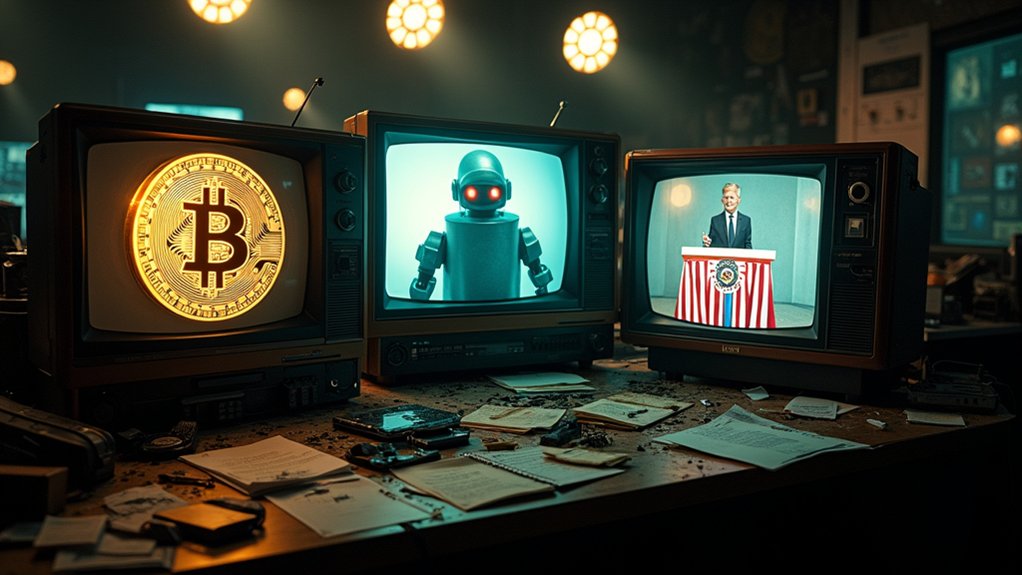Although frequently dismissed as mere crude entertainment, South Park’s satire constitutes a multifaceted and strategically constructed critique of contemporary sociopolitical dynamics, employing a distinctive amalgamation of morally ambiguous humor, vulgarity, and absurdity to dissect and challenge prevailing cultural orthodoxies; this approach enables a penetrating examination of celebrity culture and social hypocrisy, wherein the show deploys exaggerated caricatures and archetypal characterizations to reveal the performative nature of fame while simultaneously exposing the duplicity embedded within societal value systems. By utilizing two-dimensional, often grotesquely amplified representations of public figures and archetypes, South Park effectively critiques the commodification of celebrity status, revealing the underlying vacuity and opportunism that permeate media-driven idolization, therefore interrogating the extent to which such phenomena distort authentic social engagement and perpetuate systemic inequities through mechanisms of spectacle and sensationalism. The show’s ability to provoke controversy while mocking all groups equally underscores its unique approach to satire and contributes to its enduring success through a “no lines crossed” philosophy.
In its broader satirical framework, South Park’s incisive engagement with socio-political themes extends beyond mere lampooning, encompassing a rigorous exploration of the contradictions inherent within American middle-class values, identity politics, and the evolving dynamics of social justice discourses; the series exploits offensive humor not as gratuitous provocation but as a paradoxical instrument designed to destabilize hegemonic narratives, compelling viewers to confront uncomfortable truths about cultural mores and institutionalized biases. This method, characterized by its fusion of toilet humor and intellectual rigor, facilitates a critical reflection on the mutable boundaries of political correctness and the ideological conflicts that shape contemporary public discourse, thereby fostering a nuanced understanding of the complex interplay between offense, tolerance, and societal change. Such satire often employs irony and subversion, techniques that provoke ambivalence and challenge entrenched beliefs.
Moreover, South Park’s capacity for rapid topical responsiveness, afforded by its digital animation format, guarantees the immediacy and relevance of its satirical interventions, enabling a timely critique of emergent phenomena such as cryptocurrency mania and the sociotechnical anxieties surrounding artificial intelligence; these portrayals underscore the show’s commitment to revealing the multifarious dimensions of modern crises, including financial volatility and technological determinism, through a lens that balances shock value with incisive sociopolitical commentary, therefore reinforcing its role as a crucial interlocutor in the contemporary cultural landscape. The show’s famously quick six-day production cycle allows it to address current events with an authenticity and boldness that few other animated series can match, ensuring that its satire remains fresh and impactful.









